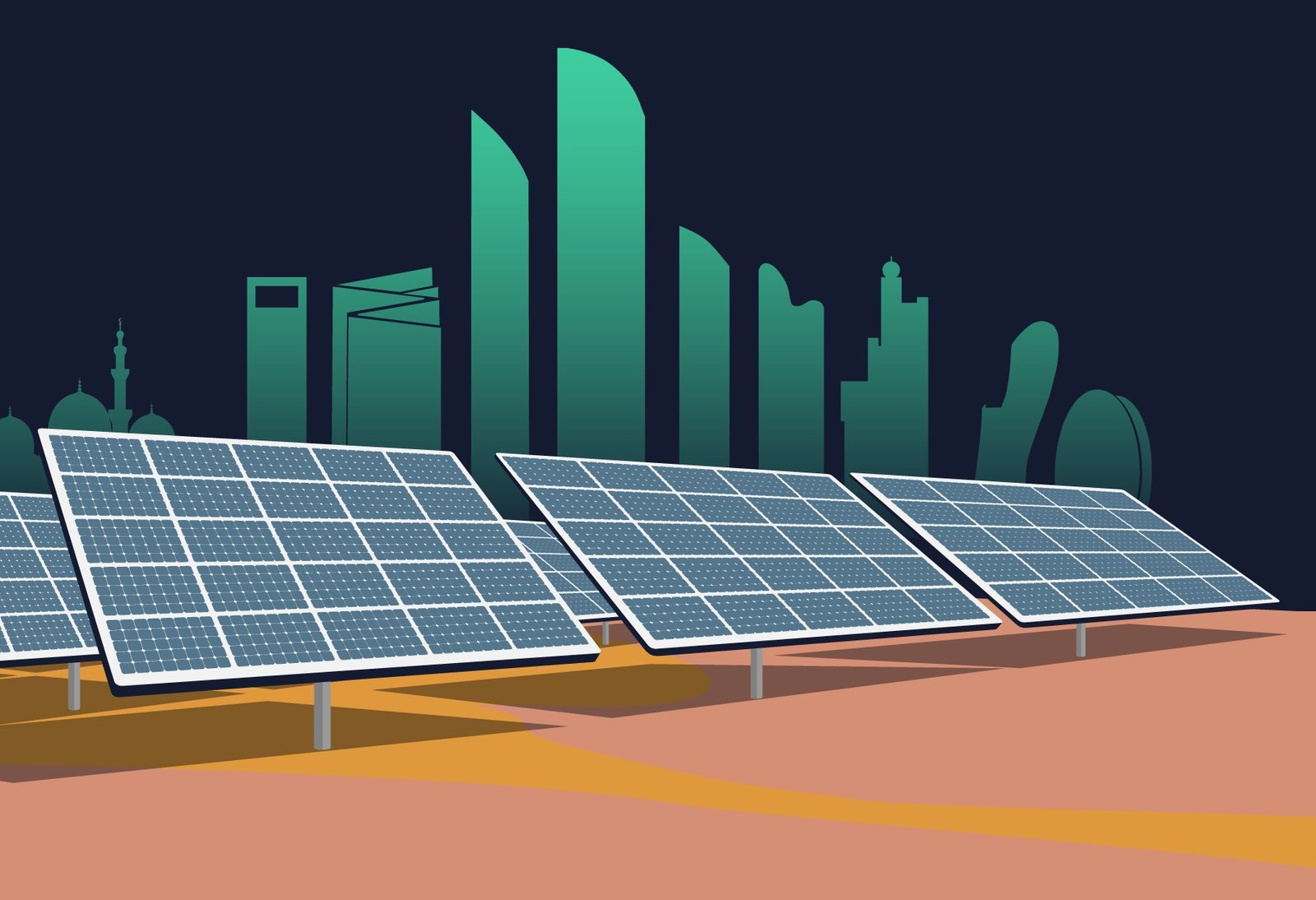The International Energy Agency (IEA) has released a new report that underscores the urgent need for countries to fully implement the energy goals set during the COP28 climate conference in Dubai.
The report, titled “From Taking Stock to Taking Action: How to Implement the COP28 Energy Goals”, highlights that achieving these goals could significantly accelerate the transformation of the global energy sector and drive down greenhouse gas emissions.
At COP28, nearly 200 countries committed to an ambitious set of energy objectives, captured in the UAE Consensus, which aims for net-zero emissions from the global energy sector by 2050.
Key targets include tripling renewable energy capacity and doubling the rate of energy efficiency improvements by 2030, alongside accelerating the deployment of low-emission technologies.
“The goals set by nearly 200 countries at COP28 can be transformative for the global energy sector, putting it on a fast track towards a more secure, affordable, and sustainable future. To ensure the world doesn’t miss this huge opportunity, the focus must shift rapidly to implementation,” said IEA Executive Director Fatih Birol.
Birol further elaborated on the potential impact of these goals, saying, “The COP28 energy goals should lay the foundation for countries’ new climate targets under the Paris Agreement—they are the North Star for what the energy sector needs to do. Further international cooperation is vital to deliver fit-for-purpose grids, sufficient energy storage, and faster electrification, which are integral to moving clean energy transitions quickly and securely.”
The report indicates that the goal of tripling global renewable energy capacity by 2030 is achievable, thanks to favorable economics, strong policies, and ample manufacturing potential.
However, Birol warned that increasing capacity alone will not automatically clean up the world’s power systems. “Greater capacity must be coupled with strategic actions to modernize electricity grids and enhance storage capabilities,” he stated.
To fully capitalise on the tripling goal, the IEA report calls for the construction and modernisation of approximately 25 million kilometers of electricity grids by 2030. Furthermore, the world would need to develop 1,500 gigawatts (GW) of energy storage capacity by that date, with 1,200 GW sourced from battery storage—an ambitious increase from current levels.
The report also stresses the necessity of a more granular, country-specific approach to achieving the critical goal of doubling energy efficiency by 2030.
“Doubling energy efficiency could potentially cut global energy costs by almost 10%, reduce emissions by 6.5 billion tonnes, and strengthen countries’ energy security,” said the report.
To reach this goal, governments must prioritise energy efficiency in their policy agendas. For advanced economies, this means focusing on electrification, with the aim of raising electricity’s share of global energy consumption to 30% by 2030. “Electric vehicles and heat pumps represent significantly more efficient options compared to traditional alternatives,” the report noted.
Emerging economies, on the other hand, are encouraged to adopt stronger efficiency standards, particularly for cooling equipment like air conditioners, to accelerate progress. For countries without full access to modern forms of energy, achieving the Sustainable Development Goal of universal access to clean cooking supplies can drastically reduce energy demand and transform lives, preventing millions of early deaths.
The report finds that fully achieving the COP28 goals for renewables and efficiency would result in a reduction of global emissions by 10 billion tonnes by 2030 compared to current trajectories, providing a fighting chance to meet the Paris Agreement’s temperature targets.
In addition to highlighting the necessary steps for implementation, the report sets forth key energy sector benchmarks for countries to consider as they design their new Nationally Determined Contributions (NDCs), which are due in 2025.
The report was launched during the United Nations General Assembly in New York, coinciding with Climate Week NYC. The gathering brings together leaders from government, industry, and civil society to discuss opportunities for enhanced action on energy, climate, and sustainable development.
“Global cooperation is essential. Countries must work together to share knowledge, technologies, and resources, ensuring that every nation can contribute to this global effort effectively,” the report stressed.
Alongside the report’s release, the IEA updated its Climate Pledges Explorer, an interactive tool providing insights into medium- and long-term climate plans for over 190 countries, including estimates for implied emissions reductions within the energy sector.
The tool also features a comprehensive list of global net-zero pledges, their legal status, and target years, reinforcing the commitment to transparency and accountability in achieving climate goals.





